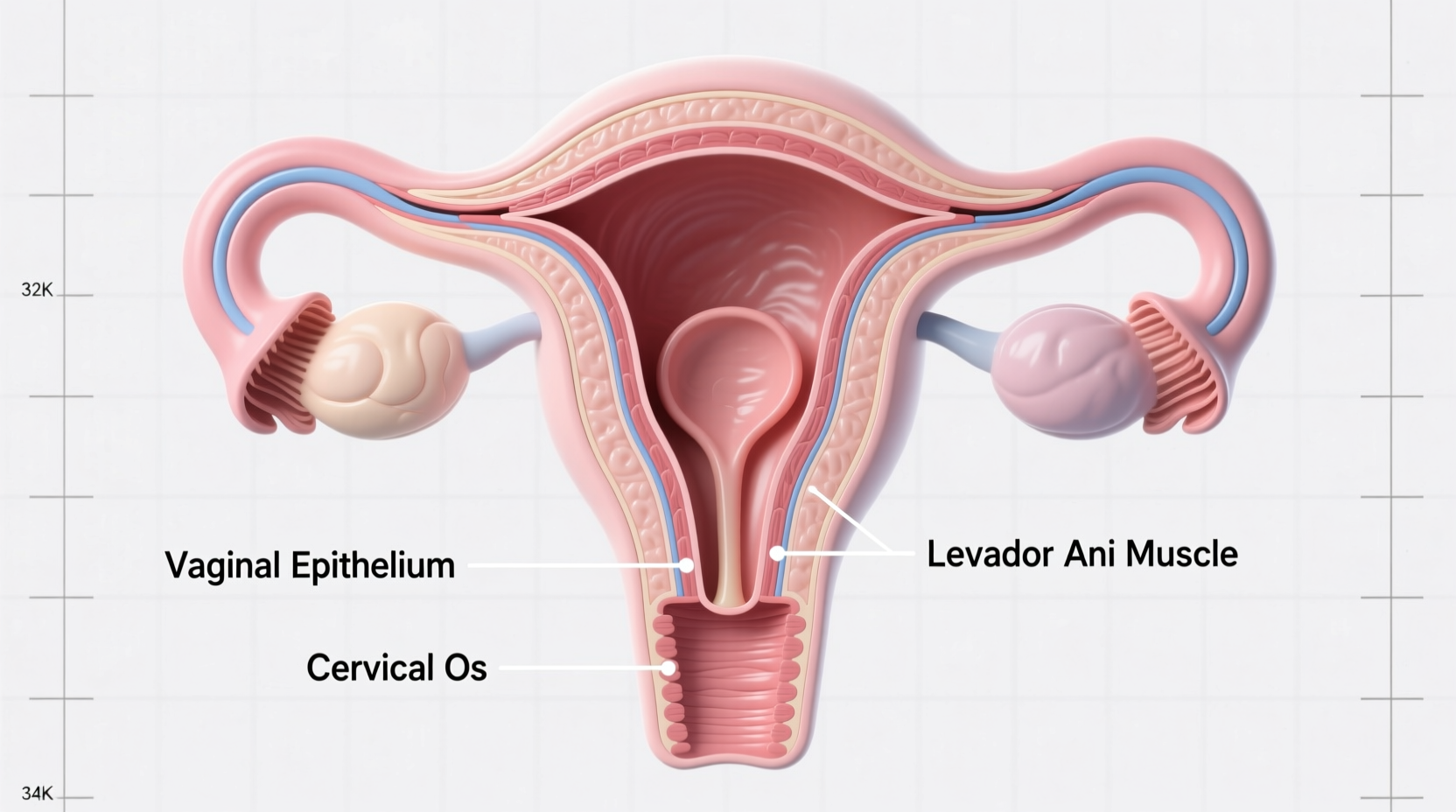If your vaginal area smells like garlic, this unusual odor could indicate bacterial vaginosis (BV), trichomoniasis, or dietary factors. While occasional odor changes are normal, a persistent garlic-like smell warrants medical evaluation. This article explains possible causes, when to seek care, and evidence-based information from gynecological authorities.
Discovering an unexpected garlic-like odor in your vaginal area can be alarming. You're not alone—many women experience unusual vaginal odors at some point. This comprehensive guide provides medically accurate information about why your vagina might smell like garlic, when it's a concern, and what steps to take next. We've compiled insights from leading gynecological authorities to help you understand this symptom without causing unnecessary alarm.
Understanding Normal Vaginal Odor Patterns
Your vagina naturally maintains a delicate pH balance between 3.8 and 4.5, creating a slightly acidic environment that protects against harmful bacteria. Normal vaginal odor varies throughout your menstrual cycle and can range from mild and musky to virtually undetectable. The American College of Obstetricians and Gynecologists (ACOG) confirms that some odor variation is completely normal and often intensifies after exercise or sexual activity.
However, a distinct garlic-like smell falls outside typical odor patterns and deserves attention. Unlike the fishy odor commonly associated with bacterial vaginosis, garlic-scented discharge suggests specific underlying conditions that require proper identification.
| Odor Type | Normal or Concerning | Potential Cause |
|---|---|---|
| Mild musky | Normal | Natural vaginal flora |
| Fishy (especially after sex) | Concerning | Bacterial vaginosis |
| Garlic-like | Concerning | Trichomoniasis or dietary factors |
| Sour or yeasty | Sometimes concerning | Yeast infection |
Potential Causes of Garlic-Like Vaginal Odor
When your vaginal area smells like garlic, several factors could be responsible. Understanding these causes helps determine whether medical attention is necessary.
Trichomoniasis Infection
Trichomoniasis, a common sexually transmitted infection caused by the parasite Trichomonas vaginalis, frequently produces a distinctive garlic-like odor. According to the Centers for Disease Control and Prevention (CDC), trichomoniasis affects over 2 million Americans annually, with only 30% of cases showing symptoms. When symptoms do appear, they often include:
- Yellow-green, frothy discharge
- Garlic or musty odor
- Vaginal itching or irritation
- Pain during urination or intercourse
Dietary Influences
While less common, certain foods can temporarily affect bodily odors. Consuming large quantities of garlic, onions, or asparagus may cause subtle changes in vaginal scent as compounds are processed through your system. The National Institutes of Health notes that dietary components can influence body odor, though significant changes typically resolve within 24-48 hours after consuming the food.

Bacterial Vaginosis Variations
Though bacterial vaginosis typically causes a fishy odor, some women report variations including garlic-like scents. BV occurs when the natural balance of vaginal bacteria shifts, allowing harmful bacteria to overgrow. The Mayo Clinic explains that BV affects nearly 21 million women aged 14-49 in the US annually. Risk factors include:
- Douching
- New or multiple sexual partners
- Intrauterine device (IUD) use
- Smoking
When to Consult a Healthcare Provider
Don't ignore a persistent garlic-like vaginal odor. Seek medical attention if you experience:
- Odor lasting more than 2-3 days
- Accompanying discharge changes (color, consistency)
- Itching, burning, or pain
- Odor that worsens after sexual activity
Early intervention prevents complications. Untreated trichomoniasis increases your risk of contracting other STIs by 50-75%, according to CDC research. Similarly, persistent BV can lead to pelvic inflammatory disease and pregnancy complications if left untreated.
What to Expect During Your Appointment
Understanding the diagnostic process reduces anxiety about visiting your healthcare provider. Here's what typically happens during an evaluation for unusual vaginal odor:
| Appointment Stage | What Happens | Duration |
|---|---|---|
| Medical history | Discussion of symptoms, sexual history, and recent products used | 5-10 minutes |
| Physical examination | External genital inspection and possibly speculum exam | 5 minutes |
| Testing | Vaginal fluid sample for pH testing, whiff test, and microscopy | 2-3 minutes |
| Diagnosis | Immediate results for some tests; others may take days | Varies |
| Treatment plan | Prescription or recommendations based on diagnosis | 5 minutes |
Your provider will likely perform a "whiff test" where they add potassium hydroxide to a sample of your discharge. A fishy odor indicates BV, while other scents help identify different conditions. They'll also check your vaginal pH, which typically exceeds 4.5 in BV cases.
Prevention Strategies for Vaginal Health
Maintaining vaginal health reduces your risk of odor-related issues. Implement these evidence-based practices:
Hygiene Practices That Support Natural Balance
Avoid douching, which disrupts your natural pH balance and increases BV risk by 40-50% according to ACOG. Instead, wash externally with mild, unscented soap and water. Wear cotton underwear and change out of wet clothing promptly. The University of California San Francisco Medical Center recommends simple hygiene practices that support natural vaginal health without disrupting your microbiome.
Dietary Considerations
While no specific diet prevents vaginal infections, maintaining overall health supports your immune system. Include probiotic-rich foods like yogurt with live cultures, which may help maintain healthy vaginal flora. Stay hydrated and limit excessive sugar intake, which can contribute to yeast overgrowth.
When to Seek Immediate Care
Contact your healthcare provider immediately if you experience:
- Fever with vaginal symptoms
- Severe pelvic pain
- Bleeding unrelated to your period
- Symptoms that worsen despite home care
These could indicate more serious conditions requiring prompt treatment.










 浙公网安备
33010002000092号
浙公网安备
33010002000092号 浙B2-20120091-4
浙B2-20120091-4